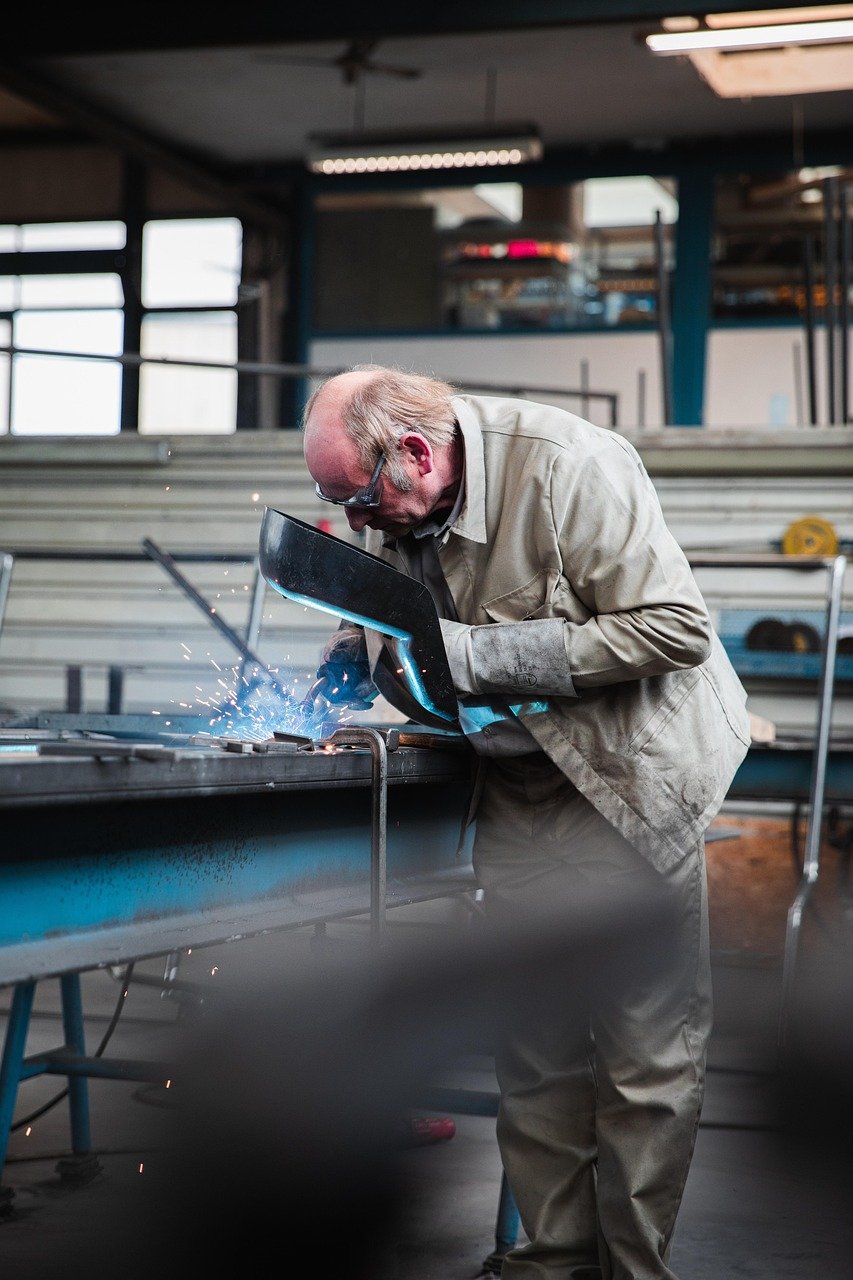
In an unprecedented move, the UK government has enacted emergency legislation to assume control of British Steel’s Scunthorpe plant, aiming to prevent the shutdown of the nation’s last two operational blast furnaces. This decisive action follows the refusal of Chinese-owned Jingye Group to continue funding essential raw materials, placing over 2,700 jobs and the future of UK steel production in jeopardy.
The swift passage of the Steel Industry (Special Measures) Act 2025, achieved during a rare Saturday session of Parliament, grants the Secretary of State for Business and Trade the authority to direct steel manufacturers’ operations in the public interest. This legislation empowers the government to maintain the continuous operation of critical assets, ensuring the preservation of the UK’s steel manufacturing capabilities.
Prime Minister Keir Starmer emphasized the importance of this intervention, stating that the government is committed to safeguarding thousands of jobs and that all options, including nationalization, remain on the table to secure the industry’s future. Business Secretary Jonathan Reynolds echoed this sentiment, asserting that the government “could not, will not, and never will stand idly by” while the nation’s industrial base is threatened.
However, the government’s actions have not been without criticism. Opposition leader Kemi Badenoch contended that the administration should have negotiated with Jingye Group to prevent the crisis, accusing Starmer of yielding to union pressures. Additionally, Welsh politicians have expressed concerns over perceived double standards, noting the lack of similar interventions to protect steel manufacturing at Port Talbot Steelworks.
This development has reignited debates surrounding the UK’s industrial strategy, energy policies, and the role of foreign ownership in critical national industries. As the government navigates these complex issues, the outcome of this intervention may set a precedent for future actions to preserve the country’s industrial heritage.





